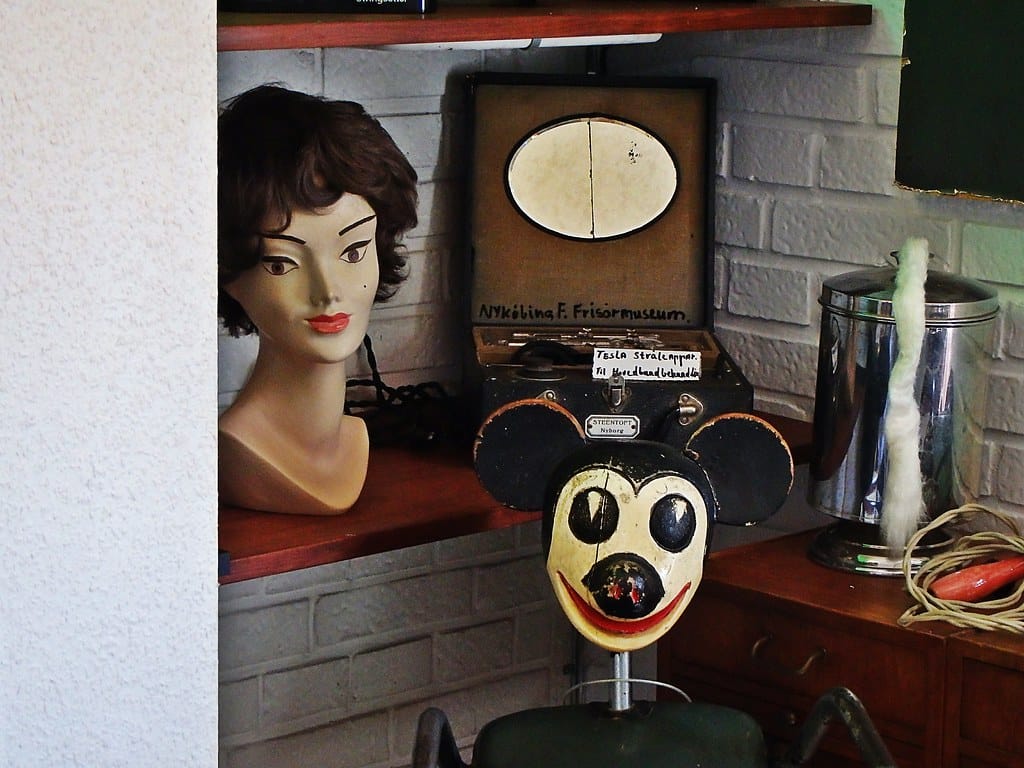YouTuber Faces Prison for Gaming Reviews: How Copyright Laws Are Threatening Content Creation
A popular retro gaming YouTuber could face up to two years in prison simply for reviewing vintage gaming handhelds, sparking widespread debate about the intersection of copyright law and digital content creation. The case has sent shockwaves through the gaming community and raised urgent questions about the future of online reviews and fair use protections.
The Case That's Changing Everything
The unnamed content creator, who specializes in reviewing classic portable gaming devices from the 1980s and 1990s, received a cease and desist order followed by criminal charges after showcasing gameplay footage from several retro handhelds. The legal action stems from the creator's detailed reviews of devices like the Game & Watch series and early LCD gaming systems, where brief gameplay clips were used to demonstrate the devices' functionality.
What makes this case particularly alarming is that the charges aren't being brought by the original gaming companies, but by a third-party rights holder who claims ownership of the audiovisual content displayed on these vintage devices. This represents a significant escalation from typical DMCA takedown notices to actual criminal prosecution.
The Broader Implications for Content Creators
This case highlights a growing tension in the digital content space. YouTube's Content ID system processes over 100 million hours of video weekly, automatically scanning for potential copyright violations. However, the system often struggles to distinguish between legitimate fair use—such as reviews and commentary—and actual infringement.
Gaming content creators are particularly vulnerable. According to recent industry data, gaming videos account for over 15% of YouTube's total watch time, making it one of the platform's most popular categories. Yet creators in this space face constant copyright challenges, from background music to brief gameplay footage.
Understanding Fair Use in the Digital Age
The legal doctrine of fair use traditionally protects reviewers, critics, and commentators who use copyrighted material for transformative purposes. However, the application of these protections to digital content remains murky and inconsistent.
Key factors that courts consider include:
- The purpose and character of the use
- The nature of the copyrighted work
- The amount used relative to the whole
- The effect on the market for the original work
In the retro gaming case, the creator's use appears to check many fair use boxes: the content was transformative (reviews rather than simple reproduction), used minimal footage relative to extensive commentary, and arguably had no negative market impact on 30-year-old gaming devices.
The Chilling Effect on Innovation
Industry experts warn that aggressive copyright enforcement could stifle innovation in content creation. Many successful gaming channels built their audiences through detailed reviews and gameplay analysis—content that requires showing the actual games and devices in action.
"This case represents a dangerous precedent," says digital rights attorney Sarah Chen. "If creators can face criminal charges for standard review practices, it fundamentally changes the risk calculation for anyone producing educational or critical content online."
Platform Responsibility and Creator Protection
YouTube and other platforms find themselves caught between competing interests: protecting creators' rights while also satisfying copyright holders' demands. The platform's recent policy updates have attempted to provide clearer guidelines for gaming content, but enforcement remains inconsistent.
Many creators have begun implementing defensive strategies:
- Using only original footage
- Limiting clip duration to mere seconds
- Adding extensive commentary to strengthen fair use claims
- Seeking explicit permission for all copyrighted content
What This Means for the Future
The outcome of this case could set important precedents for content creators worldwide. A conviction could embolden more aggressive copyright enforcement, while a dismissal might strengthen fair use protections for reviewers and critics.
The case also highlights the need for updated copyright legislation that better reflects the realities of digital content creation. Current laws, largely written before the internet age, struggle to address the nuanced ways modern creators use and transform copyrighted material.
The Path Forward
This legal battle serves as a wake-up call for the content creation community. Creators must become more aware of copyright risks while advocating for clearer fair use protections. Platforms need to improve their systems for distinguishing legitimate use from infringement. Most importantly, lawmakers must work to modernize copyright law for the digital age.
The retro gaming YouTuber's case may seem like a niche issue, but its implications reach far beyond gaming content. It touches on fundamental questions about creativity, commentary, and the right to critique in our increasingly digital world. The outcome will likely influence how millions of content creators approach their work for years to come.

